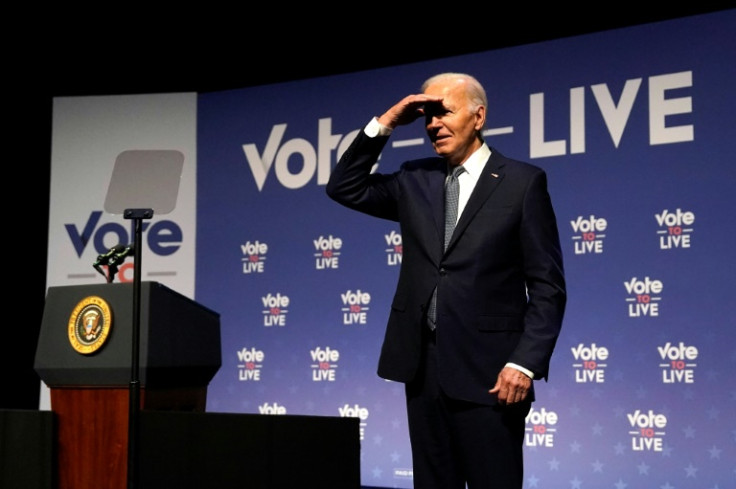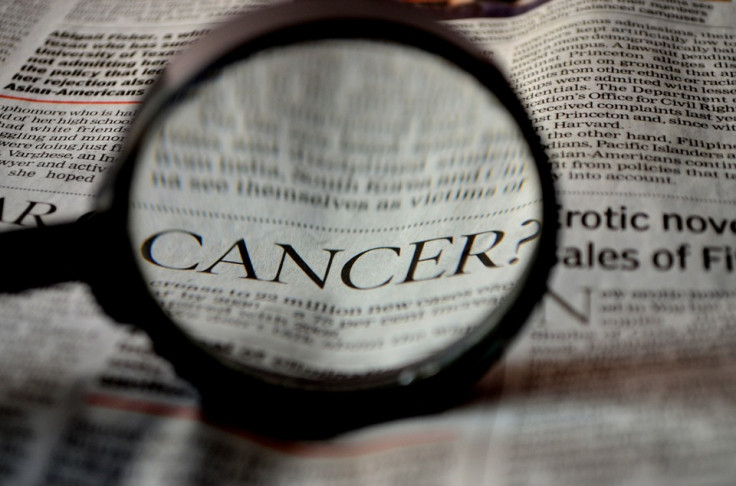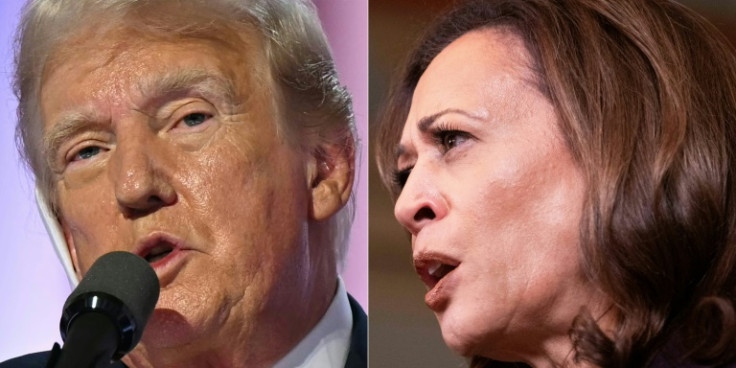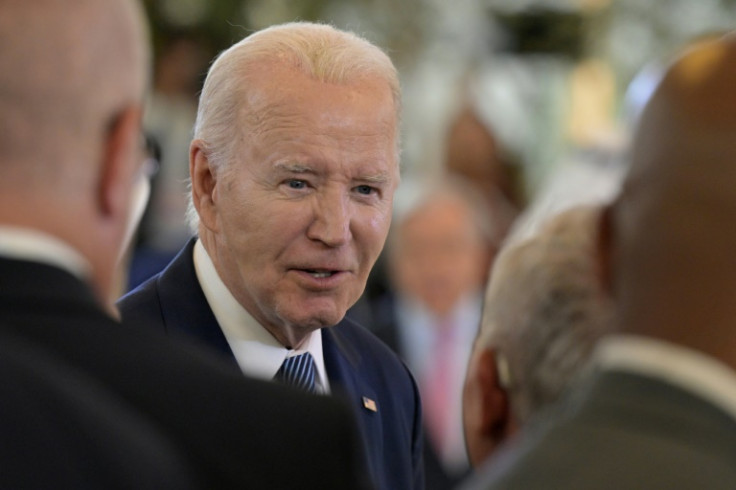
Joe Biden, the former President of the US, is facing a major health challenge after being diagnosed with an aggressive form of prostate cancer that has spread to his bones. The announcement came from his office over the weekend and follows a recent period of reduced public appearances since leaving the office in January 2025.
According to reports, the diagnosis was made after Biden sought medical attention for urinary symptoms. Further investigation revealed a high-grade cancer, classified with a Gleason score of 9—one of the most severe ratings used to assess the potential for the disease to spread. The cancer has already metastasised, which significantly narrows the treatment window and eliminates the possibility of a cure, according to experts.
Biden and his family are now considering treatment options while receiving support from across the political spectrum.
An Advanced and Hormone-Sensitive Cancer
According to health experts, Biden's diagnosis points to an advanced stage of prostate cancer, detected only after symptoms became noticeable. It is not uncommon for prostate cancer to grow unnoticed for years, but once it reaches the bones, it is considered incurable. The Gleason score of 9 suggests that the cancer cells are highly abnormal and likely to spread quickly without treatment.
Although prostate cancer is frequently seen in older men, this particular stage and level of aggressiveness make Biden's case more serious than most. According to the American Cancer Society, behind lung cancer, cancer deaths in most men in America are caused by prostate cancer.

However, one positive detail in an otherwise grim diagnosis is that the cancer appears to be hormone-sensitive. This means it relies on male hormones, such as testosterone, to grow. In such cases, doctors often use hormone therapy to suppress the hormones or block their effects on cancer cells.
'There are more medical options to stabilise the patient and control the cancer, but it never gets rid of the cancer completely,' said Dr Jamin Brahmbhatt, a urologist at Orlando Health.
What Are the Treatment Options?
According to health experts, treatment at this stage is likely to focus on controlling the disease rather than attempting to eliminate it. The main options under consideration could include:
- Hormone therapy to suppress testosterone
- Chemotherapy, particularly if the cancer becomes resistant to hormone treatment
- Bone-targeted treatments to manage discomfort and reduce the risk of fractures
- Clinical trials, depending on eligibility and ongoing research in advanced prostate cancer
Doctors note that most patients at this stage respond well to initial treatments, and many live for several years post-diagnosis. However, according to Dr Jamin Brahmbhatt, not everyone can tolerate these treatments.
'Some of these treatments do have their own side effects. So this is where you have to look at individual patients. Their age, other medical conditions and how aggressive do you want to treat the cancer, and will it affect the existing medical conditions,' he told CNN.
Responses From Public Figures
News of Biden's diagnosis sparked an outpouring of support from his peers. US President Donald Trump offered his well-wishes to Biden and his family, calling the news "saddening."
Former President Barack Obama also voiced his support, noting Biden's long-standing commitment to cancer research. 'Nobody has done more to find breakthrough treatments for cancer in all its forms than Joe, and I am certain he will fight this challenge with his trademark resolve and grace,' he wrote on X.

Kamala Harris, Biden's former vice president and now Democratic leader, said she was keeping the family in her prayers. 'Joe is a fighter,' she said. 'He's always faced challenges with strength and grace.'
A Personal and Public Fight With Cancer
This isn't the first time cancer has touched Biden's life. His eldest son, Beau Biden, died of brain cancer in 2015—an experience that deeply influenced Biden's advocacy for cancer research. In 2022, he and his wife, Jill Biden, relaunched the 'cancer moonshot' with a goal of dramatically reducing cancer deaths over the coming decades.

The coming weeks will be critical as doctors monitor how Biden responds to initial treatments. And as Biden and his family weigh treatment options, his diagnosis serves as a reminder of the importance of early screening, particularly for men over 50.







